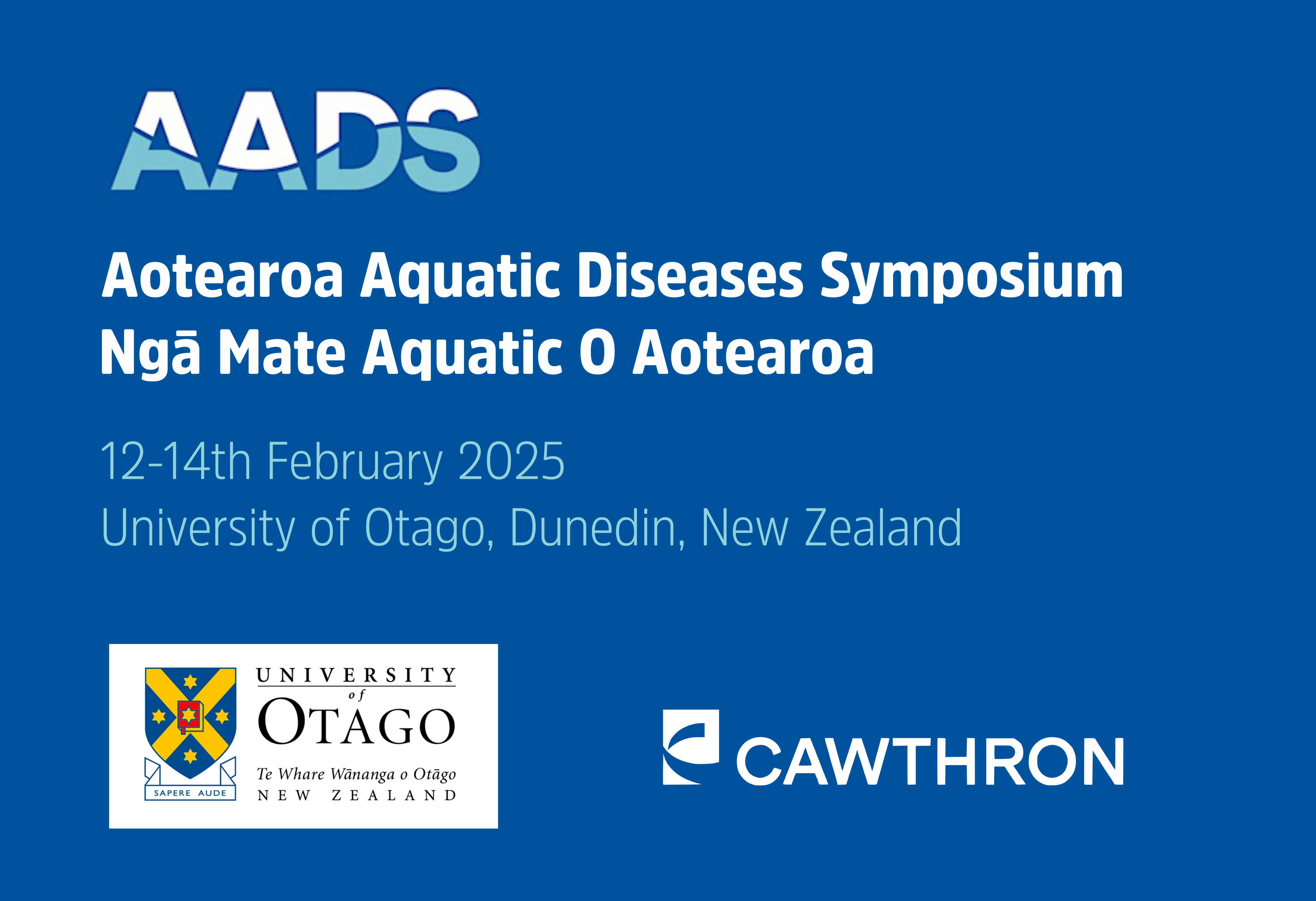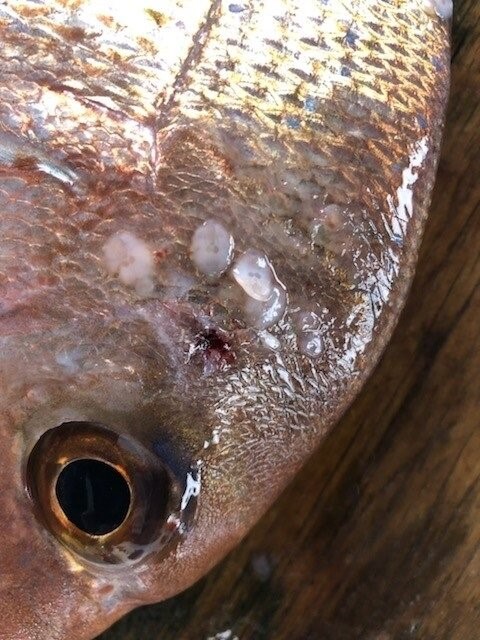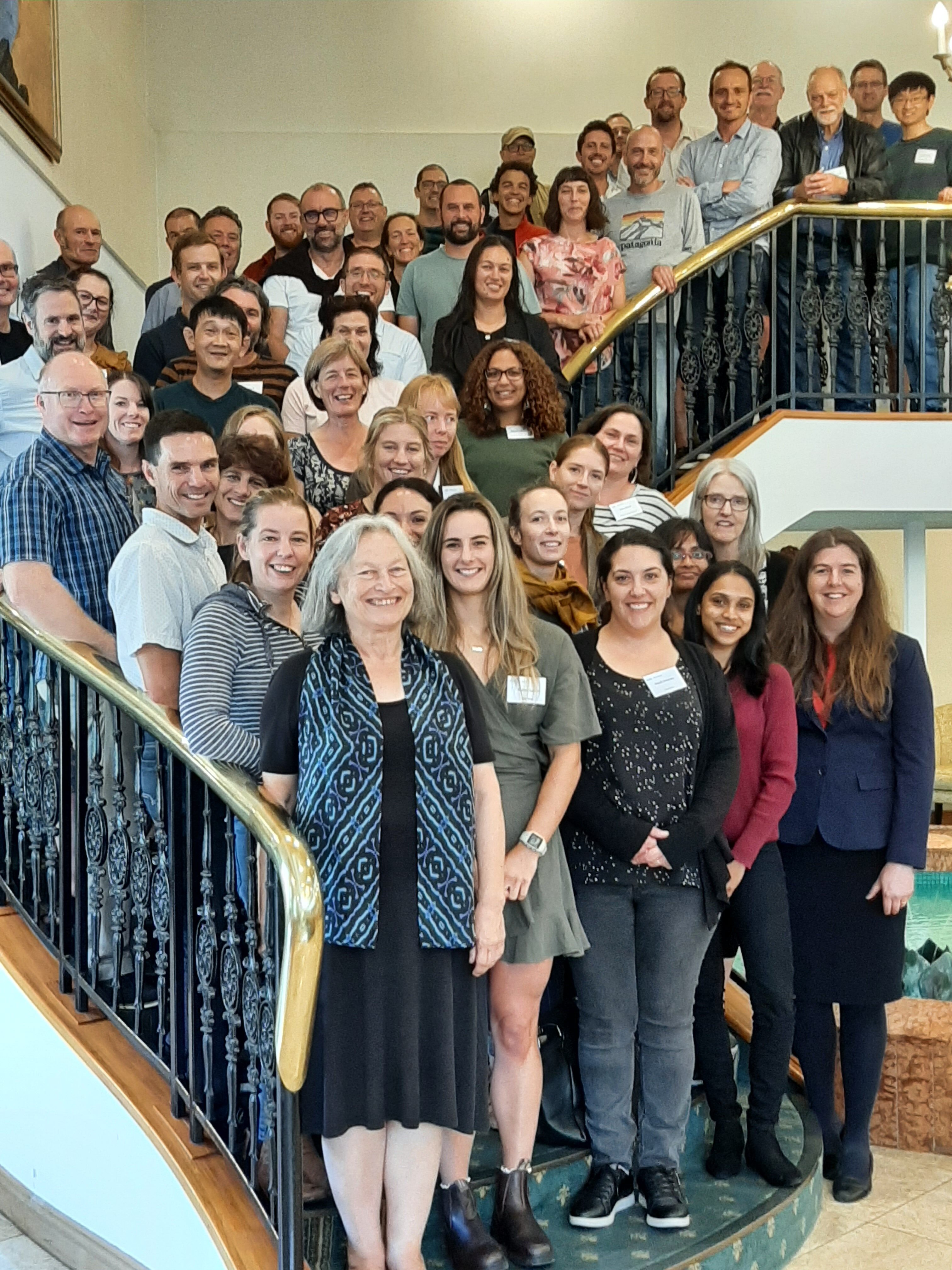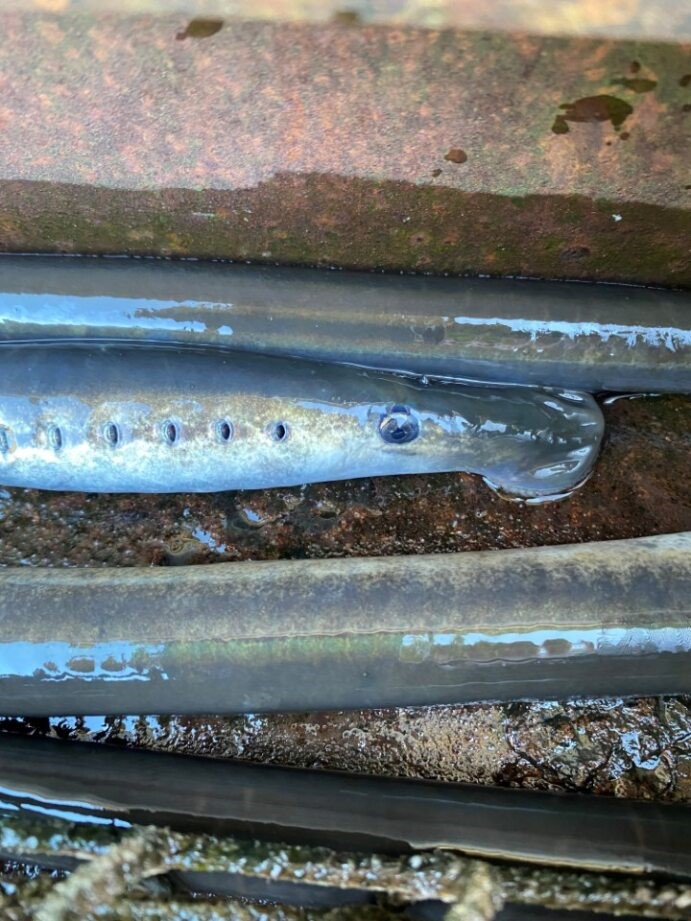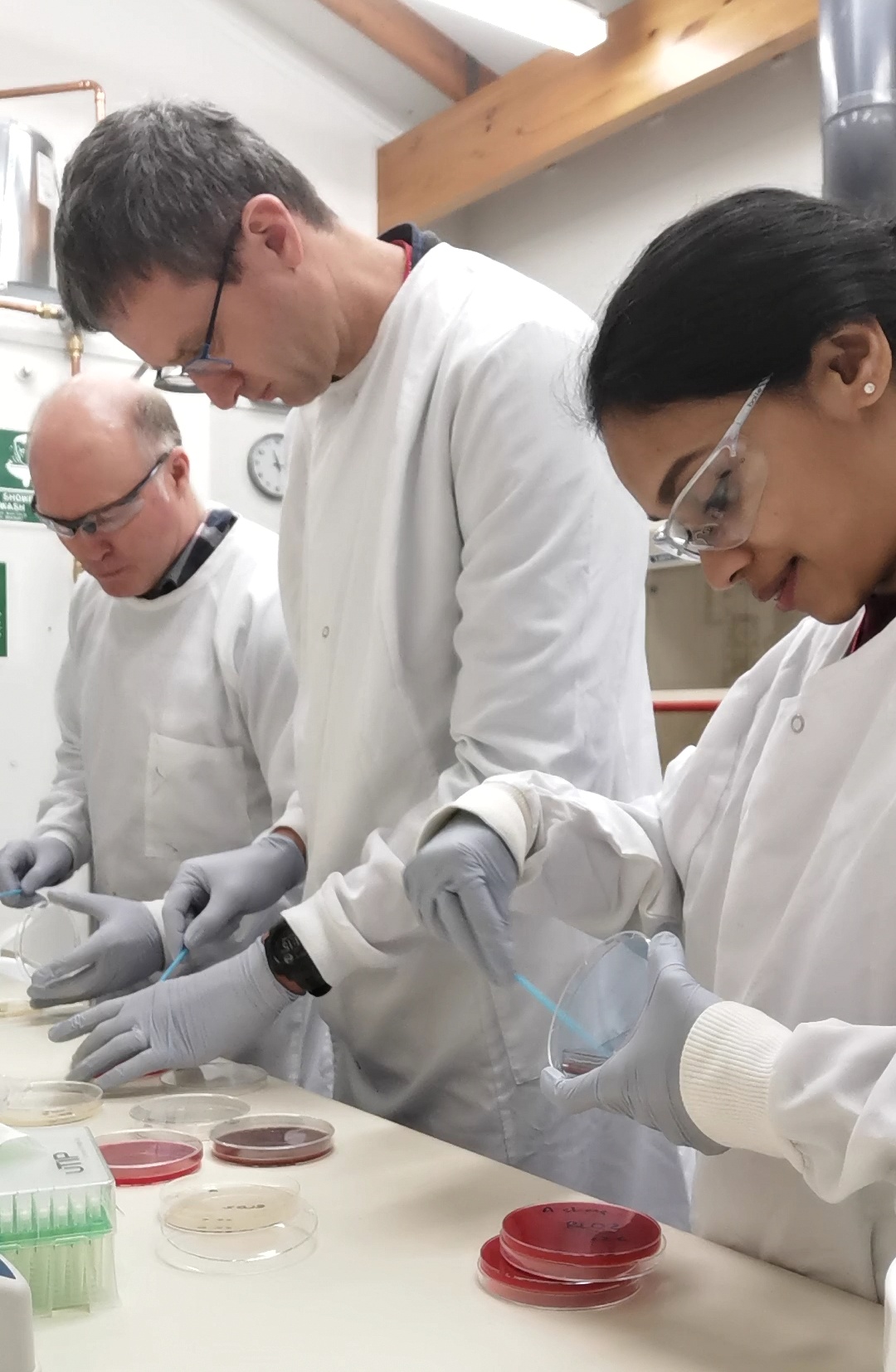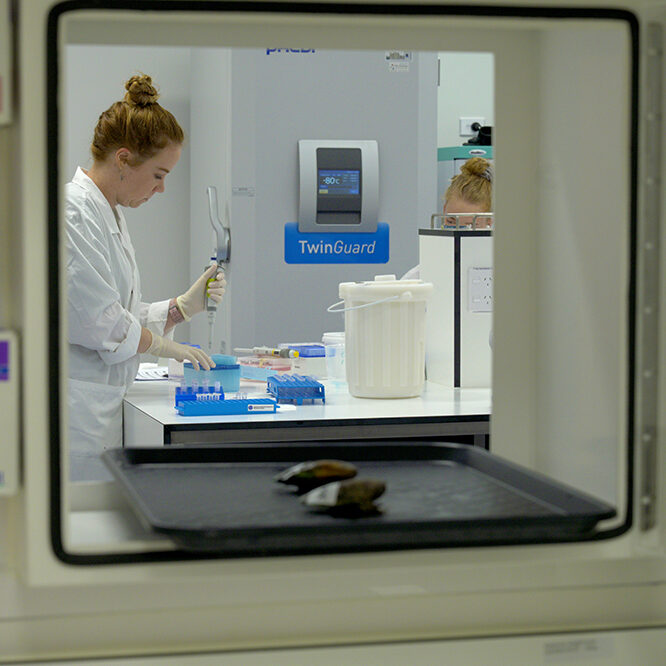
Emerging Aquatic Diseases is a five-year collaborative research programme enabled by the Ministry of Business, Innovation and Employment through the Endeavour Fund. It addresses emerging aquatic diseases in wildlife, fisheries and aquaculture and will tackle long standing challenges associated with unresolved disease investigations.
The outcome of this programme will be a fit-for-purpose diagnostics implemented by Government and industry for timely and effective mitigation and response and heightened engagement with communities and iwi. We aim to protect our aquatic biodiversity, taonga and endangered species and industry to elevate the wellbeing of communities.
Background
Harmful aquatic diseases have had a destructive impact on Aotearoa New Zealand’s marine and freshwater animals and plants in the past and represent a significant ongoing risk. This problem is rapidly escalating under climate change – the rate of aquatic disease investigations in Aotearoa New Zealand doubled in the past five years, and most of these diseases take years to diagnose or a cause is never identified, undermining management efforts.
This Programme will overcome some of the long-standing challenges of aquatic disease diagnosis. We will draw upon medical frameworks to develop and implement a new ‘forensic approach’ for investigating aquatic disease that will enable reliable and timely diagnosis.
We will specifically focus on three key steps in the diagnostic process that will enable us to predict emerging disease trends, improve incident reporting, improve our ability to identify a short-list of suspects early on in the diagnostic process, and better understand the factors that might be causing aquatic disease outbreaks.
Our research will focus on taonga taxa that are unique to Aotearoa New Zealand and will unite leading scientific expertise in aquatic animal health, biosecurity, microbiology (bacteriology, parasitology, and virology), genomics, cell culture, aquatic animal husbandry, histopathology, and social science alongside mana whenua and government stakeholders.
This new approach to aquatic disease investigation will build national resilience against aquatic disease by improving the accuracy and speed of our efforts to diagnose the disease and respond to it. This ultimately protects our precious aquatic ecosystems, preserves their cultural and social value and safeguards our >$3B fisheries and aquaculture industries.
Funders: The Ministry of Business, Innovation and Employment (Endeavour Fund)
Partners: Ministry for Primary Industries, Department of Conservation, The University of Queensland, Hokonui Rūnanga, University of Otago, Plant & Food Research, Kitson Consulting Ltd.
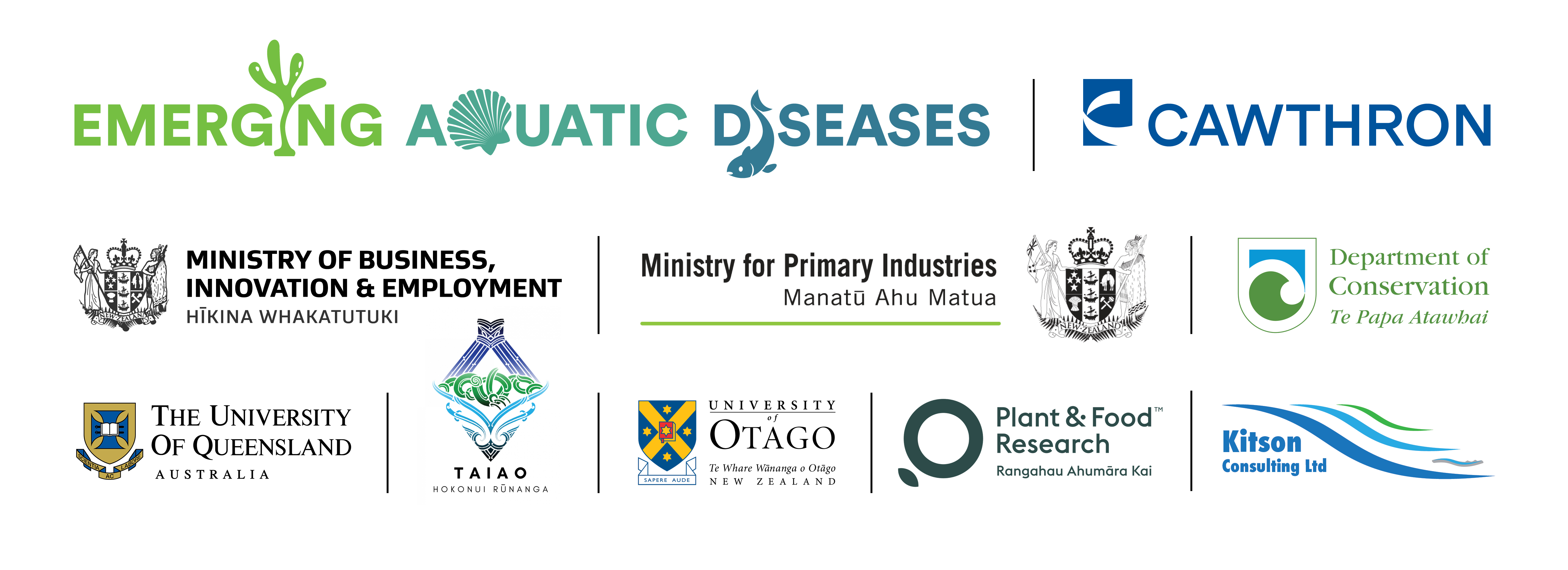
News stories & case studies
Programme leaders
Get in touch
If you have any questions about this programme, please email ead@cawthron.org.nz or get in touch with our programme co-leaders.
You can also sign up for the quarterly Emerging Aquatic Diseases Research Programme Newsletter below.
Save the date
